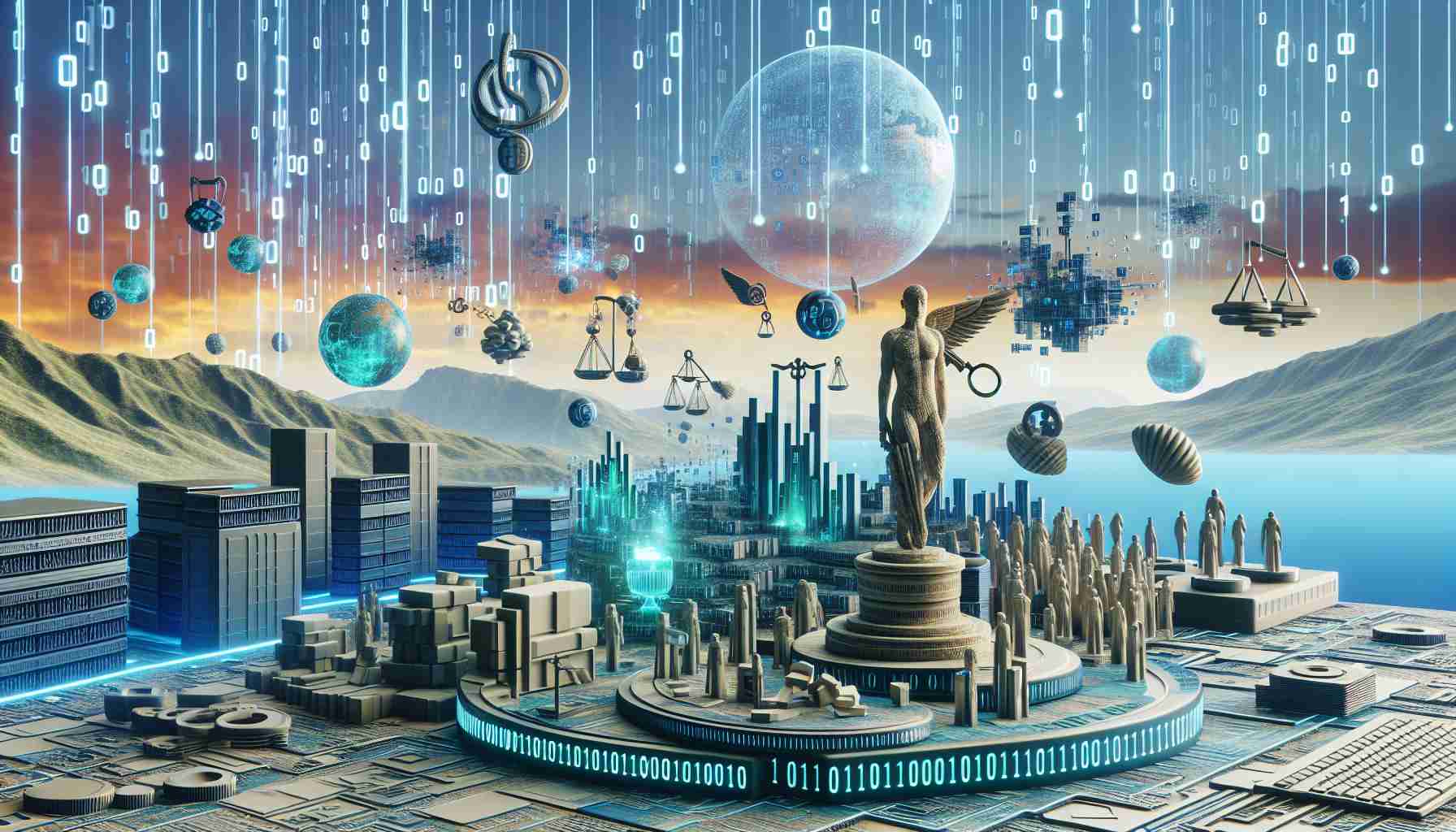Clarifying Creative Rights Amid AI Innovations
The Creative Rights in AI Coalition, comprising major players like the ALCS and the Society of Authors, has expressed serious concerns regarding the government’s recent AI consultation. In a significant move, the government initiated an open dialogue aimed at elucidating copyright laws for the creative sector and AI developers. The intention behind this initiative is to foster innovation while ensuring that creators retain rights over their intellectual property.
On December 17, the government unveiled a set of proposals crafted to provide clarity on how copyrighted works can be utilized in training artificial intelligence models. These proposals seek to enhance creators’ control over their works, ensuring they receive fair compensation and that AI companies maintain transparency regarding the data employed to develop their models.
The consultation process, lasting 10 weeks and concluding on February 25, 2025, has sparked debates among industry stakeholders. While the Creative Rights in AI Coalition acknowledges the need for transparency, they firmly believe that the proposed copyright exceptions do not serve the best interest of rights holders. They argue that the core focus should be the enforcement of existing copyright laws to protect creators, rather than compromising their rights.
Ultimately, the Coalition emphasizes the need for generative AI developers to actively seek permission from rights holders to establish clear licensing agreements, ensuring a fair and dynamic marketplace for both art and technology.
AI Innovations and Copyright: Navigating Creative Rights in a Digital Age
Understanding the Implications of AI on Copyright Laws
The rise of artificial intelligence (AI) in creative fields has prompted a significant reevaluation of copyright laws, as stakeholders grapple with how to protect intellectual property in this digital era. This conversation has intensified with the government’s recent open consultation aimed at redefining copyright laws to accommodate the burgeoning AI landscape.
Key Proposals and Their Impact
On December 17, the government released proposals that specifically address how copyrighted materials can be utilized during the training of AI models. This initiative aims to strike a balance between fostering innovation and protecting creator rights. The proposals include:
– Enhanced Control for Creators: Creators will gain more substantial rights over their work, ensuring that they can maintain a say in how their intellectual property is used in AI development.
– Transparency Obligations: AI companies will be required to disclose the types of data and materials used in training their models, promoting accountability and ethical practices.
These proposals are intended to provide a framework that encourages transparency while aiming to ensure fair compensation for creators.
Industry Response and Concerns
The Creative Rights in AI Coalition has responded critically to these proposals, arguing that the approach taken by the government may undermine existing rights held by creators. Their primary concerns include:
– Need for Stronger Copyright Protections: They contend that the proposed exceptions to copyright laws do not adequately protect the interests of creators and could lead to misuse of their works.
– Call for Licensing Agreements: Emphasizing the importance of licensing, the Coalition advocates for a requirement that generative AI developers seek explicit permission from rights holders before using copyrighted materials. This would create a clear and equitable marketplace between AI technologies and creative works.
Future Trends in AI and Copyright
As the conversation surrounding copyright and AI evolves, several trends are emerging:
– Increased Collaboration Between Stakeholders: There is a growing need for dialogue among creators, AI developers, and legal experts to craft comprehensive frameworks that balance innovation and rights protection.
– Evolution of Licensing Models: The industry may see new models of licensing emerging that cater specifically to the unique challenges posed by AI technologies, possibly leading to streamlined processes for creators to give permission for their works to be used.
– Global Standards on Copyright and AI: The possibility of establishing international standards for copyright in the context of AI development could provide clearer guidelines and foster cooperation across borders.
Conclusion
As AI continues to reshape the creative landscape, navigating the complexities of copyright laws will be essential for both creators and developers. The ongoing consultation period provides a timely opportunity for all stakeholders to voice their opinions and contribute to a legal framework that honors the rights of creators while encouraging innovation. The industry will need to adapt and find solutions that benefit both artists and technological advancement in this rapidly changing environment.
For more insights on copyright and AI innovations, visit ALCS.
